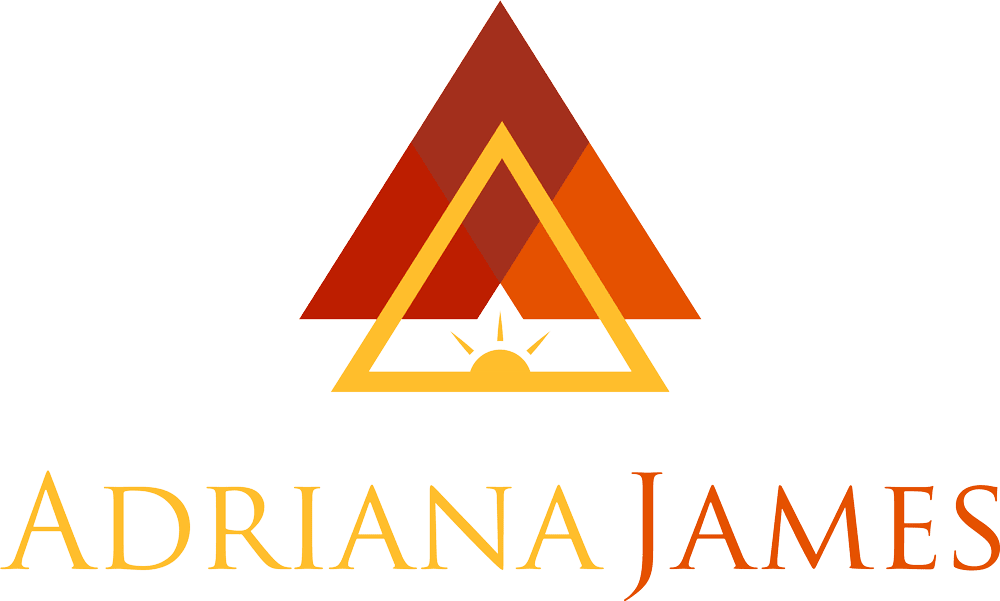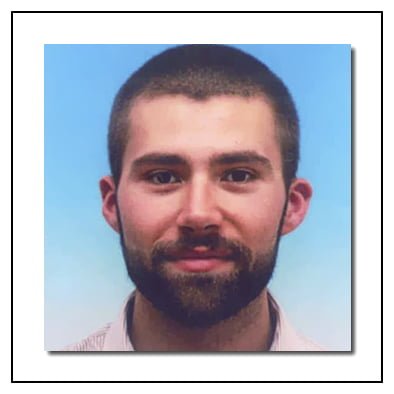Love Is All You Knead
When I was growing up, I really enjoyed the holidays, whether Christmas, Easter, or birthdays. Of course, I liked the presents and sharing the cheer with my family, but what really fascinated me was preparing for the festive time. To my childish mind, my grandma’s cooking and baking resonated as almost a ritual. I joined her and I helped as best I could, just letting myself enchanted by all the sounds of the kitchen – the soft murmur of pots boiling on the stove, the brisk clinckety-clank of all the utensils she used, and the sheer joyous bustle of feeding loved ones. I especially gazed in amazement as grandma kneaded. It seemed as though she first wrestled with the dough, before subduing it into artful shapes, each one looking more delicious than the next. At the end, I watched as her hands’ work turned gold to brown in the oven, and the rising scent filled the kitchen air with delight. She would say to me “Isn’t it funny? The scorching heat glazes the pastry so crisp on the outside, but softens it at the core.” I knew there was something to learn here, and I kept wondering what it was. For sure, I kept enjoying her pastries, and I was eager to learn how to bake myself.
But at that time in my childhood, I really wasn’t good with handiwork, and I wasn’t yet driven enough to do something about it. Speaking, however, came naturally to me. I gladly remember how, in kindergarten, I sometimes stood in front of my classmates and just made up fanciful stories to their amusement and mine. I would talk endlessly, always asking questions about everything around, almost bringing my folks at wits’ end. At one time, I even recounted a classical tale in front of an entire culture hall, declaiming confidently as I dramatized the story. Maybe it was surprising for a 5 year-old to speak so forthright, but as I looked at my audience, I could only see the bright stage lights as far as I gazed, so I almost seemed by myself, my own supportive spectator. The brave seed I planted on that stage went on to grow and bloom into my love for words – written and spoken, then ripen into essays, school speeches, public debates and orations, some deeply naïve, others candidly profound. It took me all the ways (sic) to college, where it peaked as I picked to study what I thought was the utmost devotion to words.
At the same time, however, something else also peaked in my life. I gladly delved into Classics, because I loved how the ancient schools of philosophy did not simply teach thinking, but more importantly, how to live a fulfilled, accomplished life. Yet, for many years, I also used to believe that books refined the highest essence of humanity, and that the mere thoughts which they encompassed, if structured correctly, could lovingly transform people and society for the best. But, for myself, I kept finding the words that supported and finely nuanced my thought increasingly came at odds with what I could achieve practically. All the way through college, I struggled even committing my most beloved ideas to paper, I struggled through my relationship at the time – to support my lofty idea of love with decisive, affectionate deeds, I struggled to craft what I thought was my desired scholarly path in life. It seemed to me like an undercurrent of self-doubt relentlessly echoed from inside, short-circuiting my every attempt at meaningful action into stuttering nonsense. Of course, I kept delighting in long talks with friends, colleagues, and family about everything that fascinated me – from history, philosophy, literature, and the arts, to science, politics, and the human mind. But to my dismay, the more I consciously and conscientiously sought to articulate clear distinctions, the more I alienated my audience. The only thing I became pedantically good at was being right on the Internet.
Eventually, as I moved on to professional life, I struggled in my work, as well. As corporate trainer, I could wield words with ease, unfolding and explaining complex rules and procedures to new hires. Nevertheless, I kept falling short from actually reaching out to them, from firmly instilling the principles I sought to transmit, and turning them into their everyday proficient behavior. I could no longer mount the peak of my frustration, nor straddle the chasm between between word and deed, between what I thought and expressed, and what I really got in life. At that fortuitous time, I first heard about Neuro Linguistic Programming and I met Camelia Păduraru, who would later become my trainer and coach, and who was already teaching according to the Tad James Co.’s FasTrackâ„¢ Model. At first, I didn’t really know what to say about this set of practices, which my wordy logical mind would have deemed arcane and ineffective. My friends, however, who had experienced the processes directly, talked of a life-altering shift, and this resonated with me. I told myself that, if someone could overcome their long-time germ phobia, for instance, get themselves to own a pet, and even sleep with it in the same bed, then surely I could learn how to see eye to eye with people and warmly engage with them beyond words. The change I got to see in myself proved enlightening beyond belief.
I spent the first few days of Camelia’s Practitioner Course in NLP, Time Line Therapy®, Hypnosis and Coaching ever juggling in my mind with the vast information coming my way – at once fascinating, and counterintuitive. About midway through the course, I approached Camelia and told her: “How can I get a grasp and make sense of everything? I just don’t feel like I have a, a Kinesthetic of competence here!” She smiled widely and said: “How funny that you’re telling me this, and yet you already know what a ˜Kinesthetic’ is.” I, then, realized, that I had been unconsciously learning and naturally incorporating all the NLP knowledge and practices all the while that I had been consciously struggling with it. And what if this meant that I had been also unconsciously learning and seamlessly incorporating useful behaviors and life skills all the while that I had been consciously struggling with my work, my relationship, my education? What if, in fact, one meaning and purpose for these experiences of profound existential gridlock had been precisely to push me until I found just the right mental and emotional toolset that would set myself and others free from the inside?
With NLP Coaching, I found a practice where the precise use of words and language blended with the hands-on work of definitively changing people’s behaviors for the best. I finally fulfilled my calling to a practical philosophy for the good life. For instance, training as Practitioner, then Master Practitioner, I learned how to ask detailed questions in order to bring out the deeper structure of clients’ problems, in order to root it out. This recalled how Socrates’ questioning also elicited people’s personal truth, unpacking the human mind and reading thousands of books all at once in each person. I learned to use coaching metaphors in order to deliver solutions for clients’ problems in a symbolic way, which their unconscious mind accepts, even as the conscious mind struggles to make sense of the story. Was I not living through Plato’s allegory of the cave? And by solving my life-long tug-of-war between thought and action, had I not actually achieved a major parts integration (another powerful NLP technique for solving conflicts, ensuring decisive actions and consistent results in life)? In the end, what I truly learned from grandma’s kitchen is that, if you care to feed your loved ones’ growth, you confidently smudge your hands as you wrestle with the dough of life. Whether it’s pastry, or the human mind, you get the right utensils, and you shape it to the heart’s delight. In the heat of experience, the crispy crust of resilience will keep protecting the delicious, loving core.
|
|
About the Author: Adrian Munteanu Adrian has always been passionate about the written and spoken word. It has lead him to obtaining a Bachelor of Arts Degree in Classical Languages and Literature at Dartmouth College – in Hanover, New Hampshire. After several years of training work in the corporate world, in 2014, Adrian trained as Practitioner, then Master Practitioner in Neuro Linguistic Programming, Time Line Therapy®, Hypnosis, and Coaching, studying with Camelia Păduraru and Crafting Minds, in Romania. In 2015, he also studied and became certified as Trainer in Neuro Linguistic Programming and Trainer in Hypnosis with Drs. Tad and Adriana James. Adrian has founded Mindgrasp as an organization where he fulfils his calling, at once intellectually, and pragmatically. By fully deploying the power of words and communication, Adrian supports his clients (individuals, as well as companies) to approach, unpack, and solve complex problems, while shaping characters and minds with the skills necessary to excel in business and all areas of life. Here you can learn more about Adrian and his work. |



